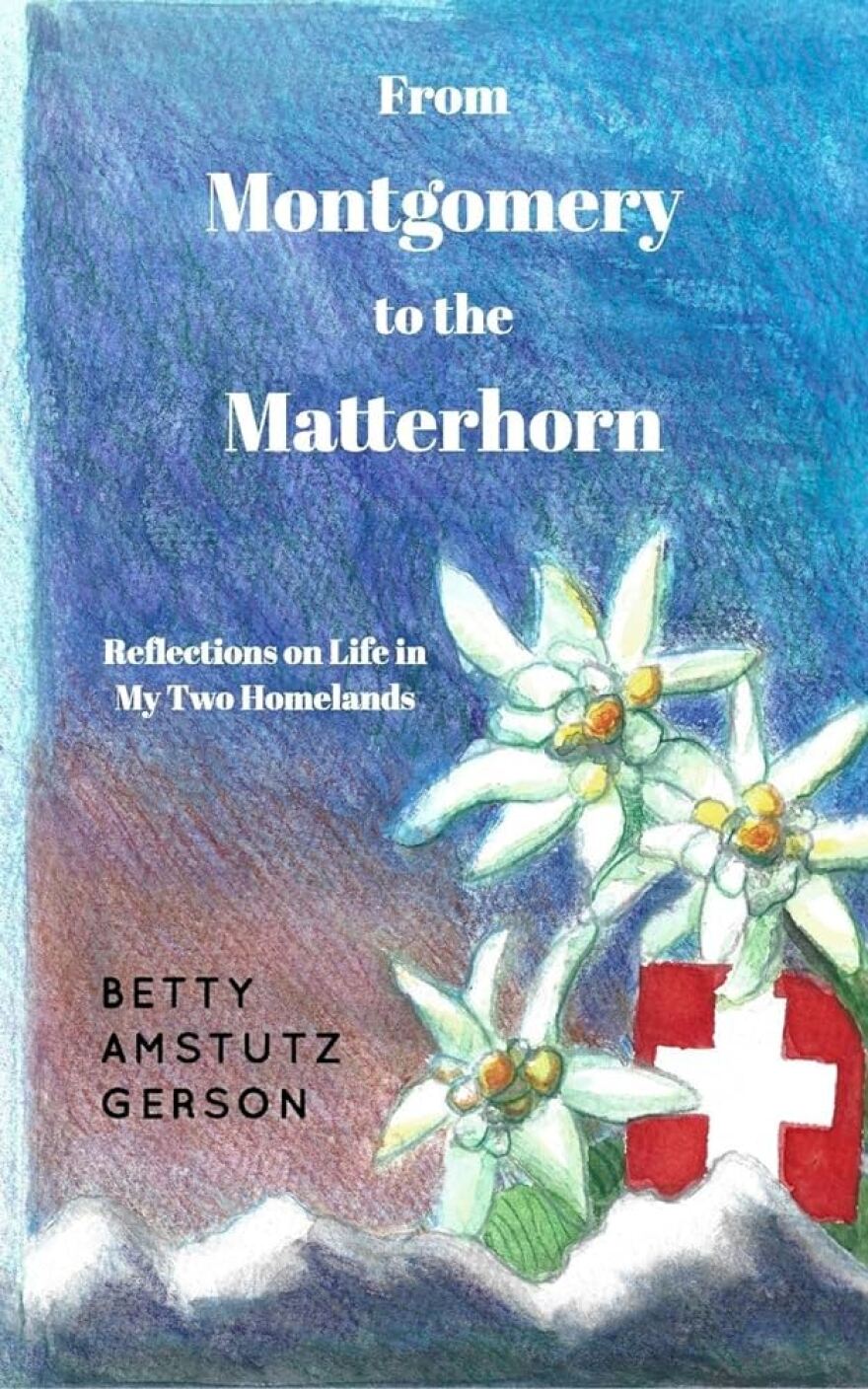Betty Amstutz Gerson was born in April of 1942 in Montgomery and raised in a close-knit Jewish family. It was a comfortable life, but there was, of course, still enough anti-Semitism that her family could not join the Montgomery Country Club and instead were members of the Standard Club. This also was the era of segregation, the White Citizens Council and the bus boycott. After college and graduate school in California, she moved to Switzerland in 1968, working as an ESL teacher. In 2017, after nearly 50 years away, Gerson visited Montgomery and was pleased with the great strides in race relations and with the various markers and museums, especially the projects of the Equal Justice Initiative headed by Bryan Stevenson.
In this combination of memoir and letter to her fellow Alabamians, Gerson has some direct things to say about contemporary America. For example, she describes Donald Trump as a “rude, pushy, self-centered White northerner” and “a callous bully.” She feels “the credibility, trustworthiness and standing of the USA in the world community” has been damaged. Mostly, however, she writes about her adopted homeland, both a thumbnail history and a portrait of Switzerland in her time. It’s not perfect, she assures us, but there is certainly much there to emulate, if Alabamians could reconsider some deeply held, erroneous ideas.
First, we should enlarge our notions about the role of government. In Switzerland, a capitalistic, free market nation, there is excellent free public education (both academic and apprentice-based), national health service, trusted public radio, sensible gun laws, effective sex education. The country has nearly eliminated poverty. The social safety net is strong, the public services excellent, the infrastructure solid and efficient and the trains run on time. A government can be large AND efficient. She writes of a public announcement at a train station: an apology because the train was four minutes late. In the Atlanta airport this announcement would be met with hysterical laughter. Taxes are high, yes, but the public is satisfied with the results. And there are plenty of millionaires. The richest 1 % have 41 percent of the wealth.
Admittedly, there are some regrettable moments in Swiss history. In the name of neutrality, but perhaps, Gerson thinks, through simple greed, in WWII the banks enabled the exchange of Nazi gold into currency and then refused, for a long time, to hand over the accounts of Holocaust victims. The Swiss are also balky on immigration and it was not until 2021 that gay marriage was legalized. Albert Einstein joked, if the end of the world is coming, move to Switzerland: “Everything there takes five years longer.” Change comes slowly in a very orderly society. Of course, extreme orderliness gives rise to satire. Here’s the oldest joke: in European hell, the French are the mechanics, the British are the chefs, the Germans are the police, the Swiss are lovers and it is all organized by the Italians.



